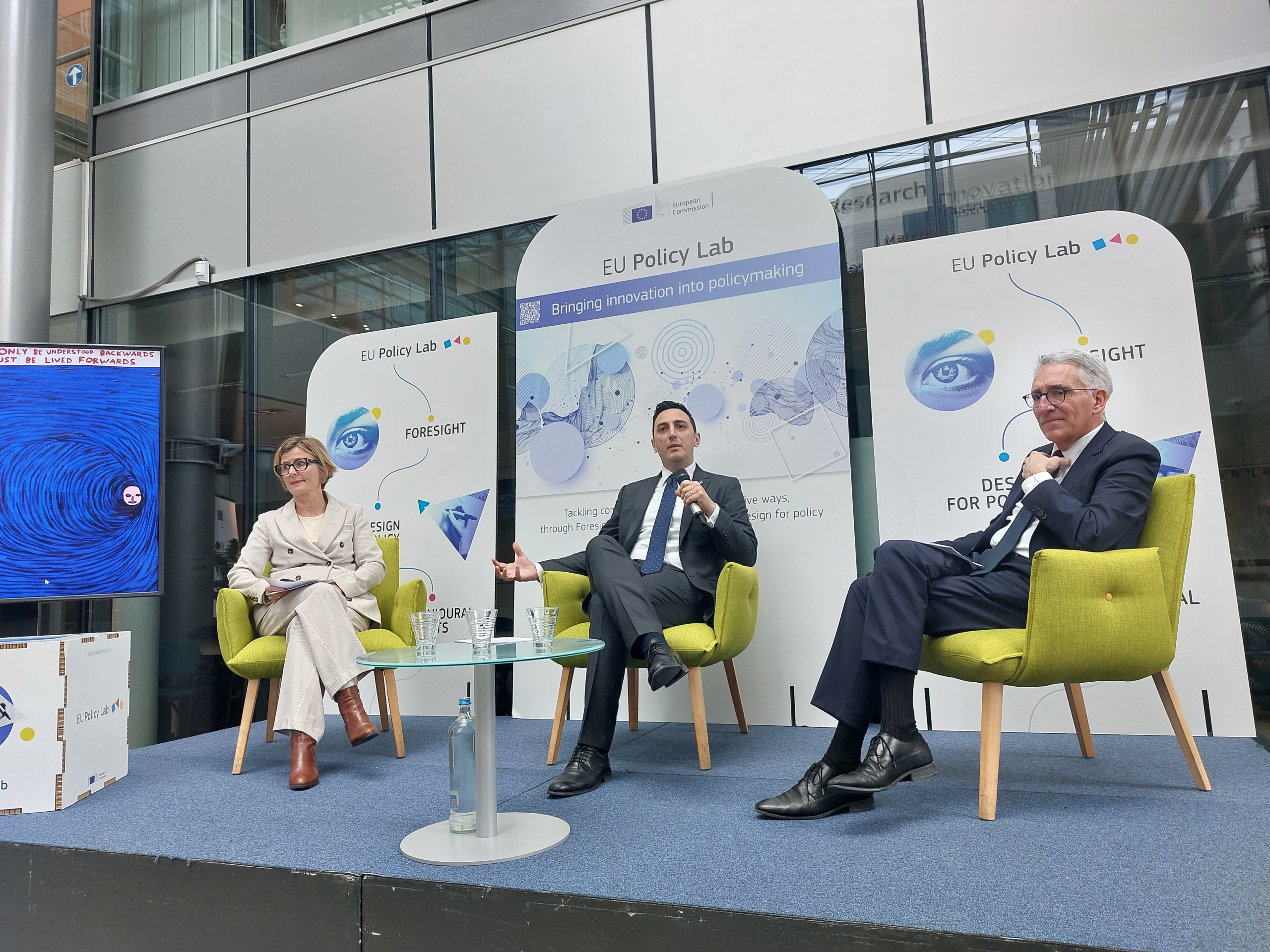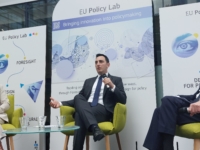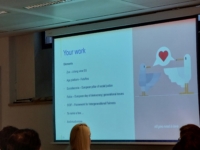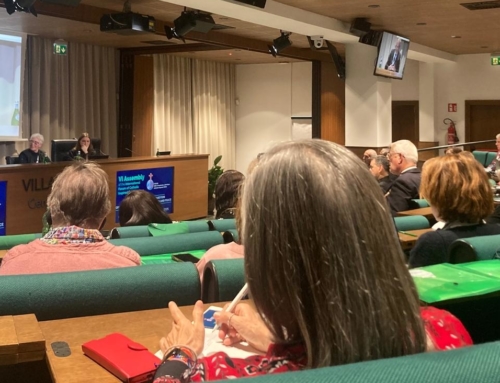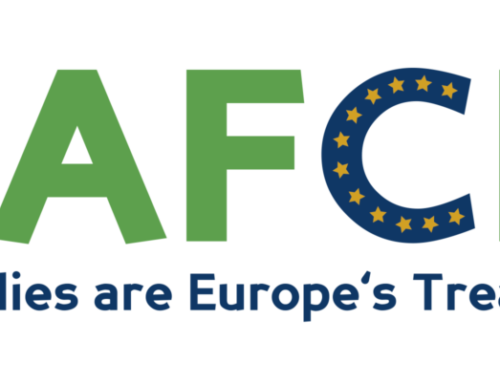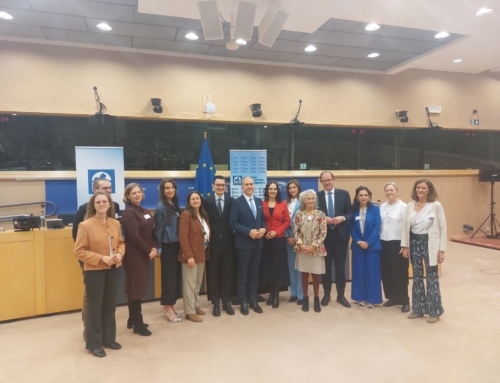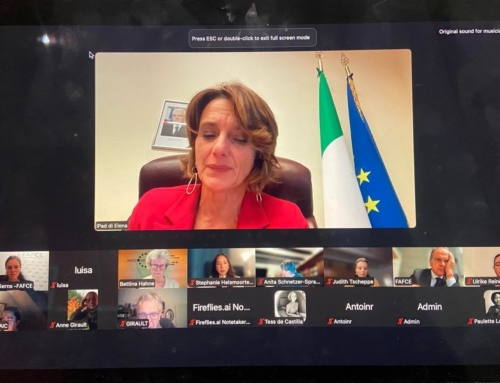On Thursday 20th February, FAFCE was invited to attend the kick-off event of the European Commission’s Strategy for Intergenerational Fairness.
The European Union now has its first ever Commissioner dedicated to Intergenerational Fairness, Mr. Glenn Micallef, who is also responsible for Youth, Culture and Sports.
But what is “Intergenerational Fairness” ? This term has been chosen because it is broader than the official competence of “intergenerational solidarity” which is enshrined in the Treaty on the European Union : [The Union] “shall combat social exclusion and discrimination, and shall promote social justice and protection, equality between women and men, solidarity between generations and protection of the rights of the child.” (art. 3, §3 al. 2, TEU).
Furthermore, the Mission Letter from EU Commission President Ursual von der Leyen to Glenn Micallef stated that he “must ensure that decisions taken today do no harm to future generations” and to “strengthen communication between generations”.
Commissioner Micaleff explained he wanted to “capitalise on human potential” rather than yielding the burden from one generation to another. He explained he sees intergenerational fairness as “an investment in the future”.
In a surprising reflection, Commissioner Micallef then used similar wording than papal encyclic Laudato Si, explaining that fairness between generations includes sustainable development but is much beyond. There is the proof that commitment between generations transcends barriers.
Here is the full quote of H.H. Pope Francis in Laudato Si :
“The notion of the common good also extends to future generations. The global economic crises have made painfully obvious the detrimental effects of disregarding our common destiny, which cannot exclude those who come after us. We can no longer speak of sustainable development apart from intergenerational solidarity. Once we start to think about the kind of world we are leaving to future generations, we look at things differently; we realize that the world is a gift which we have freely received and must share with others.” (LS, chap. V, 159)
Following a panel debate between officials, participants were invited to share their ideas in small groups. Most of the attendants were NGOs representatives, EU civil servants or academics.
FAFCE’s work on demography was recognised for its value, as it was mentioned in the presentation from the Joint Research Center of the European Commission.
Following it’s Fall 2022 Board Meeting Resolution, FAFCE recalls that family unpaid care work is at the heart of intergenerational solidarity.

